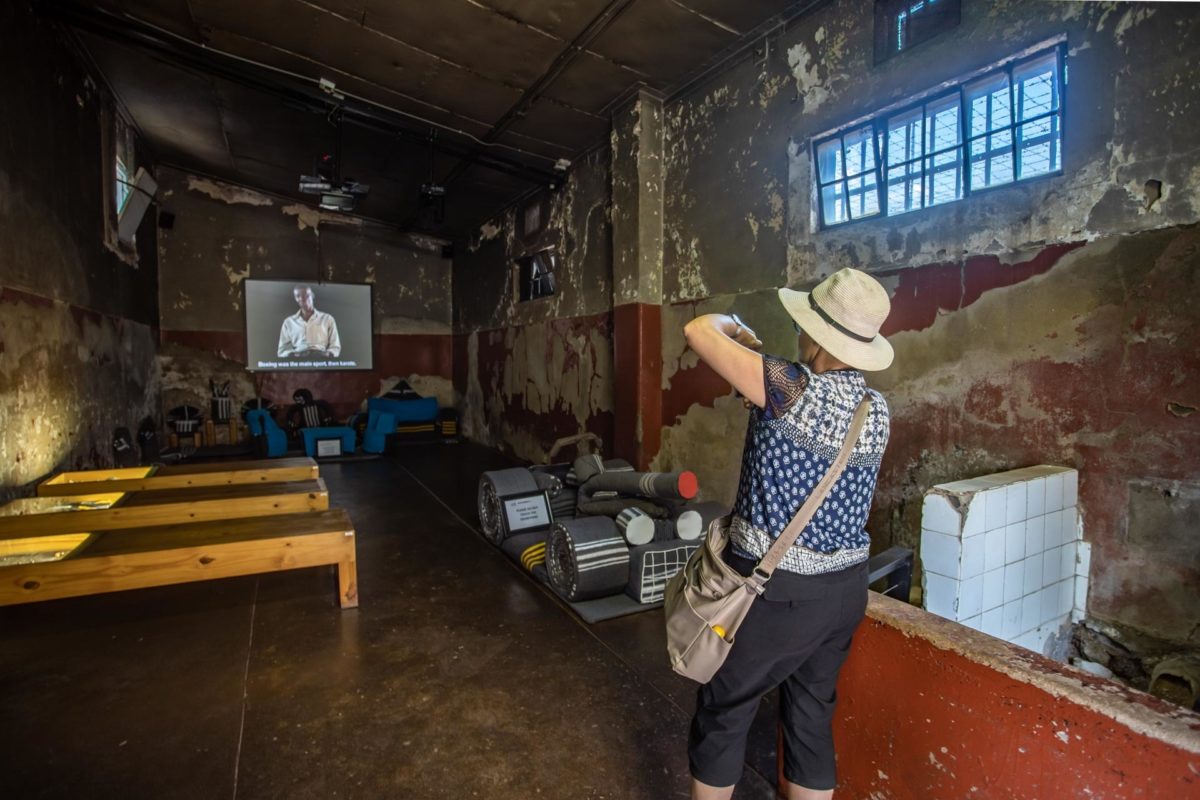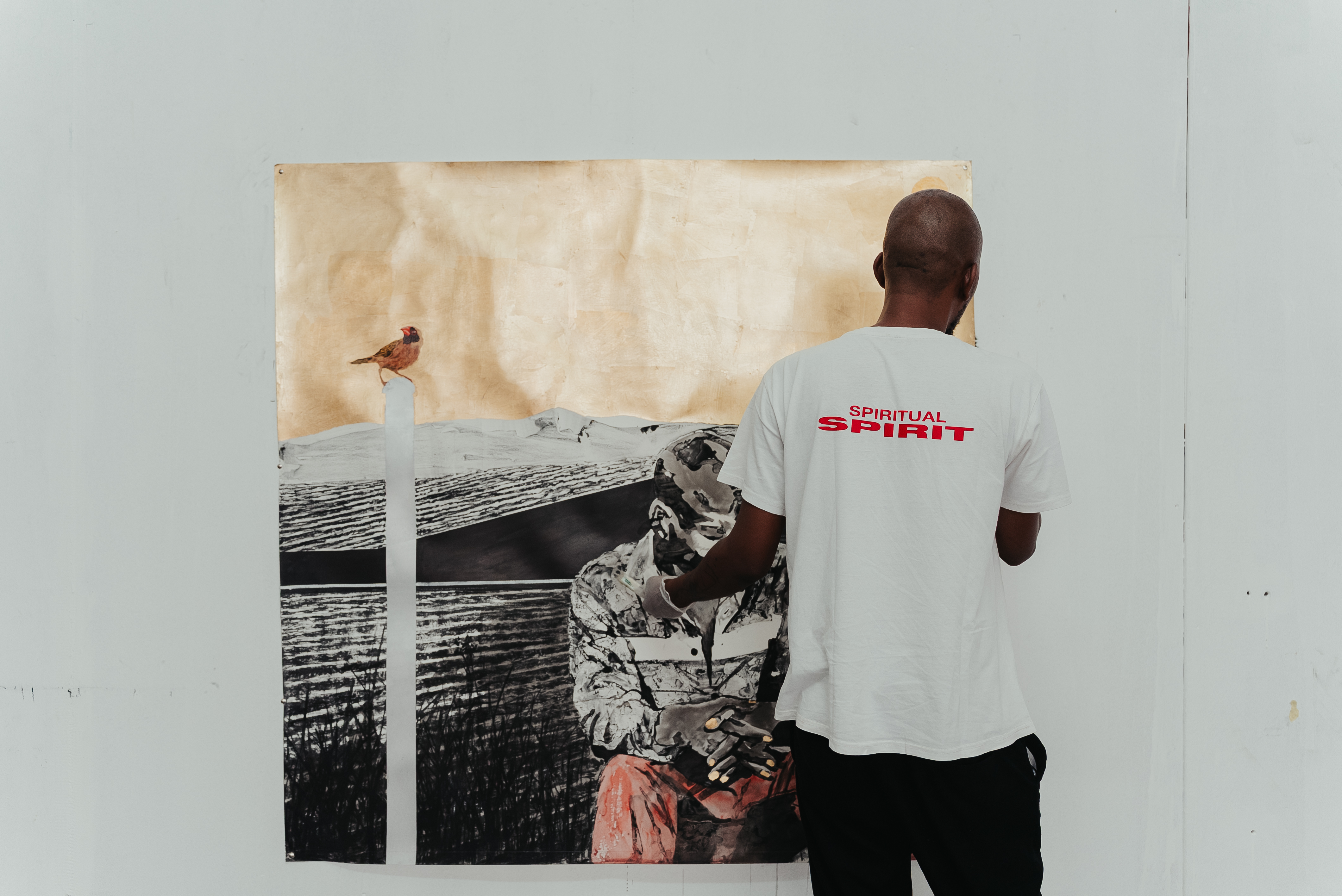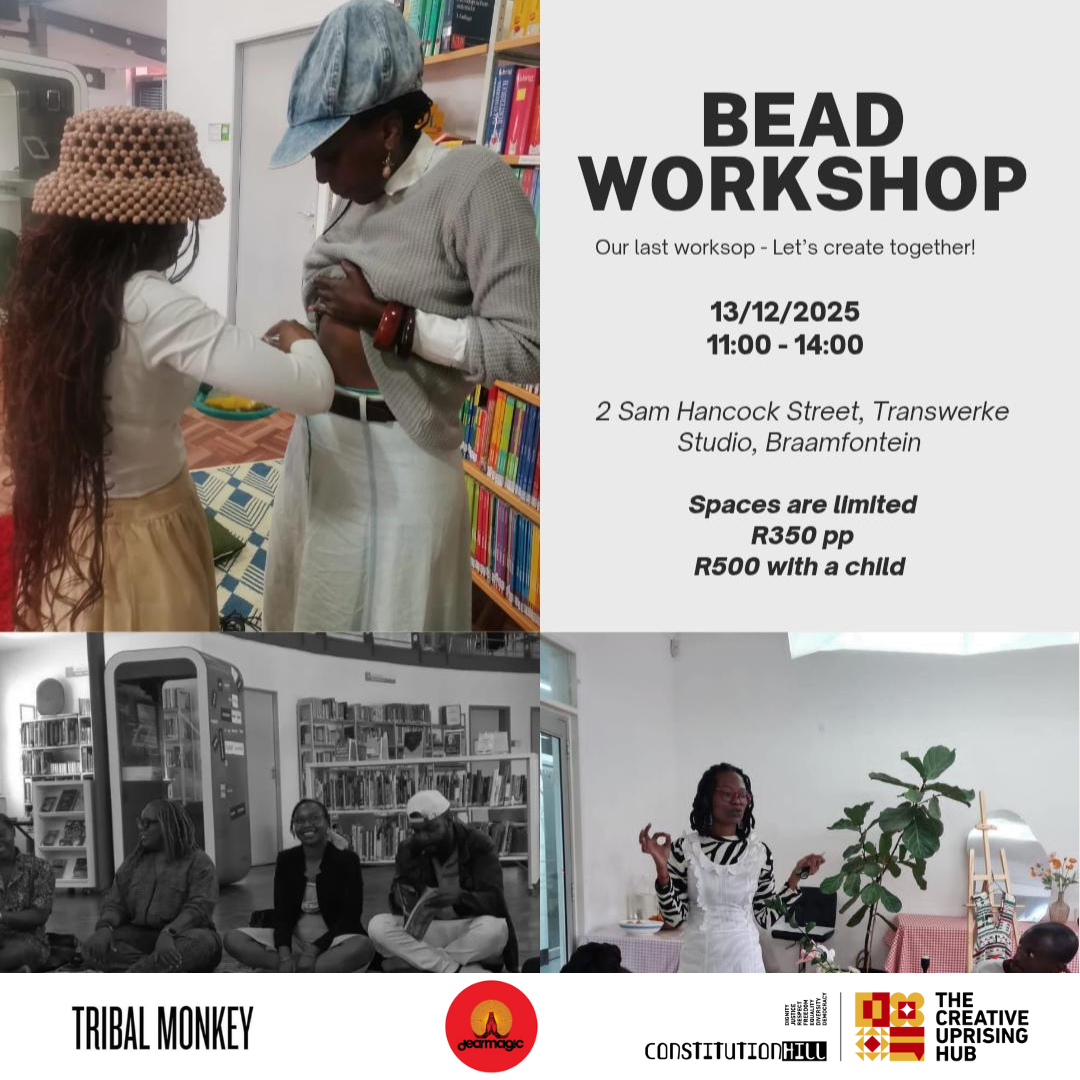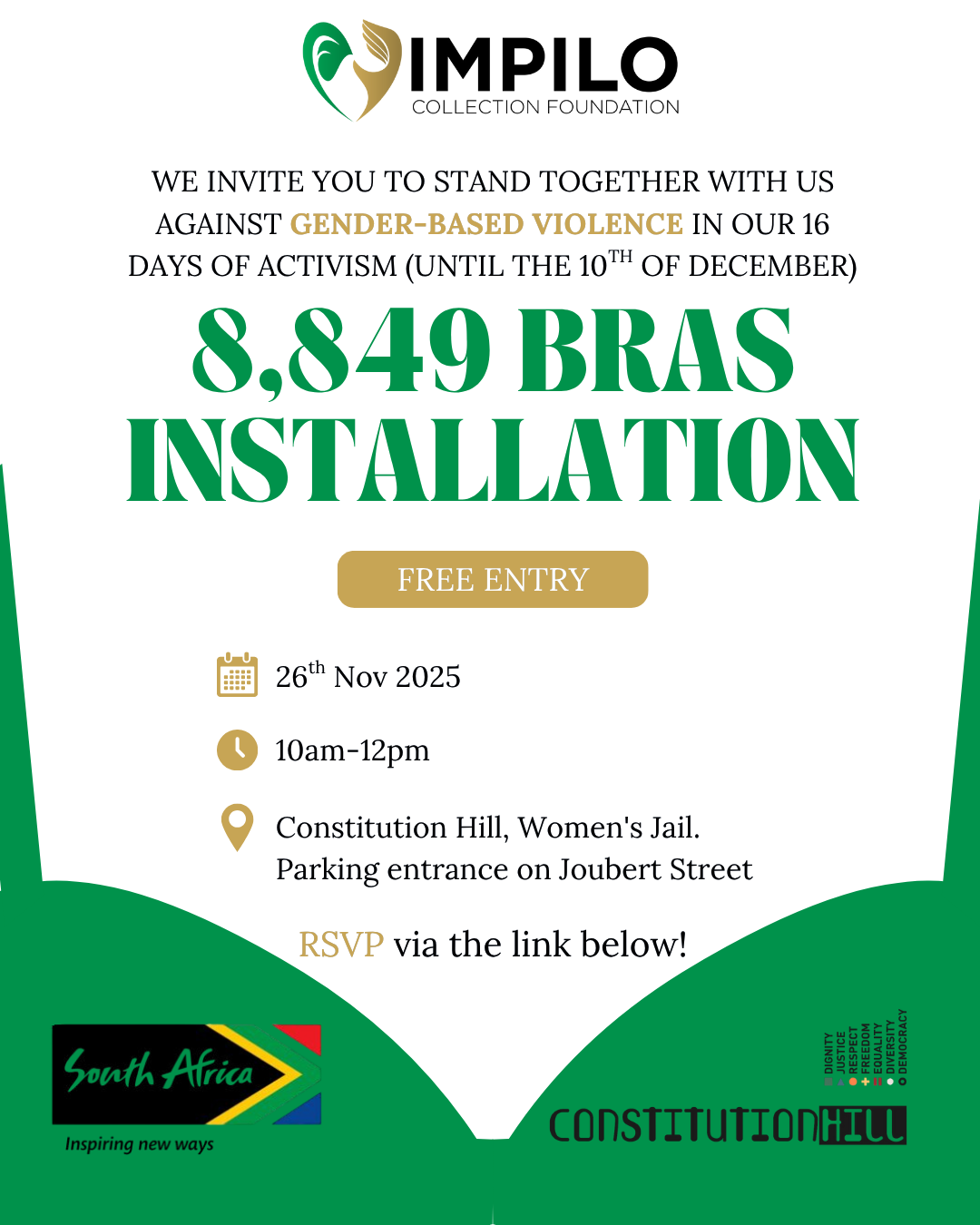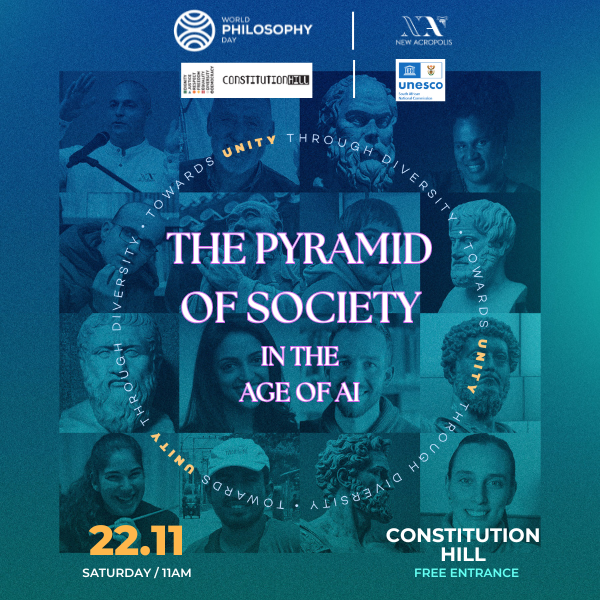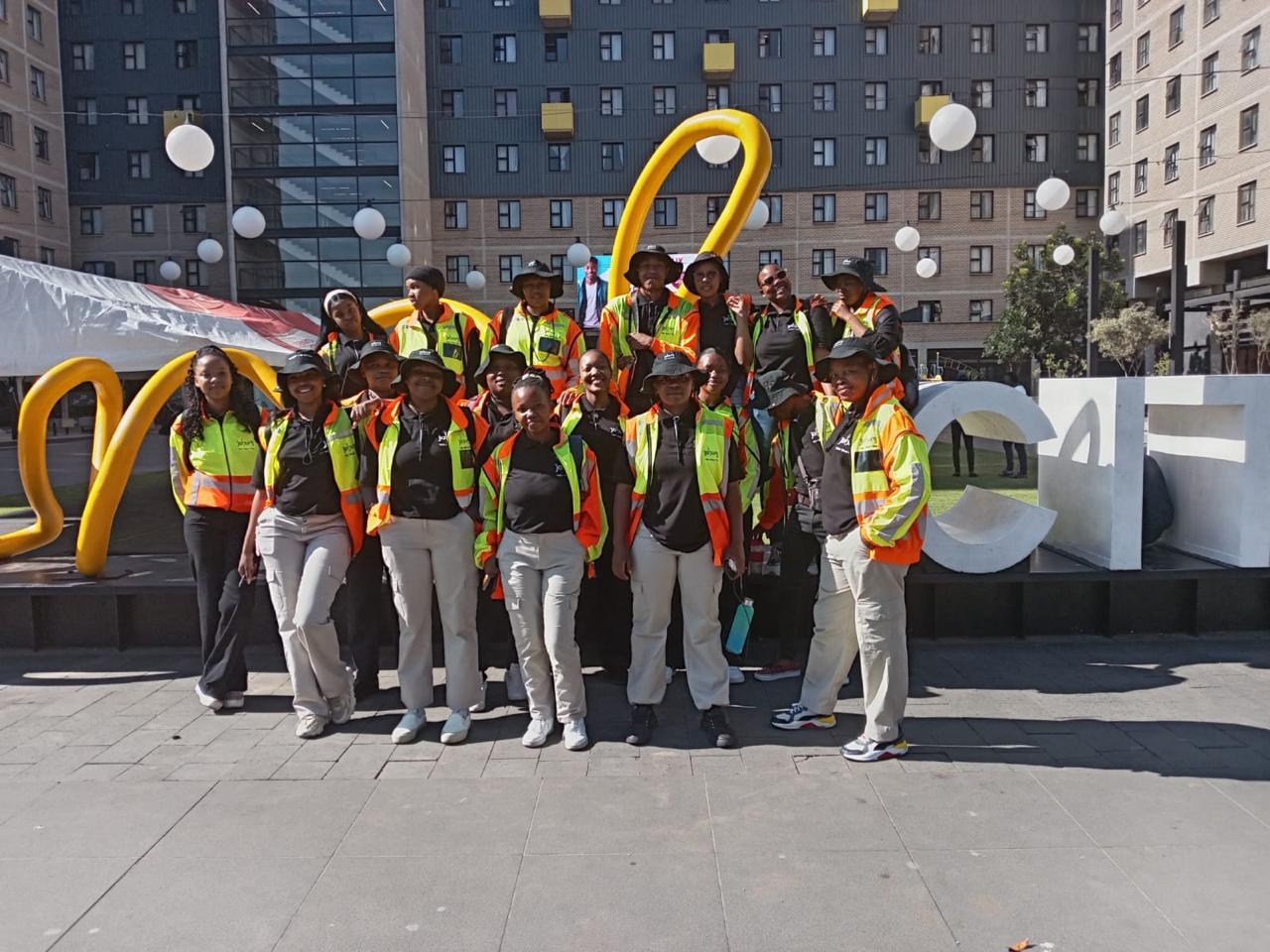South Africa’s Constitution is not unmoored from the country’s unjust past, says Constitutional Court Justice Edwin Cameron.
Sitting in the court’s library, Cameron points out that the decision to place the Constitutional Court on the same site as some of apartheid’s most notorious prisons was deliberate.

The modern court building was opened on Human Rights Day (21 March) 2004. It stands adjacent to the Old Fort prison complex, comprising the Old Fort prison, the Women’s Jail and the jail called Number Four.
“The location of the Constitutional Court was very, very carefully chosen by the judges,” he says. The judges chose Constitution Hill because of its historical importance, its accessibility within Johannesburg and because of its painful history, both for well-known former political prisoners and for many ordinary South Africans, he says.
While the prison complex, which closed in 1983, held several prominent political prisoners, it also held thousands of people accused of common-law crimes, and even by-law infractions.
The Old Fort was built in 1893 to house white male prisoners, and famously held former South African president Nelson Mandela in 1962 because authorities were concerned about his celebrity status among black prisoners.
Number Four was added to the Old Fort in 1902 to house black male prisoners and was where Indian civil rights leader Mahatma Gandhi and Robert Sobukwe, founder of the Pan Africanist Congress, were held.
The Women’s Jail was added in 1910. It housed several prominent political prisoners, including African National Congress activists Albertina Sisulu, Winnie Madikizela-Mandela and Barbara Hogan.
The bricks from the prison’s demolished Awaiting Trial Block were used in the building of the Constitutional Court, to demonstrate that “the Constitution is not unmoored from our past of injustice”, says Cameron.
Cameron says being a Constitutional Court judge is “a great privilege” because of the complexity of the cases, and the “collegial complexity” arising out of the number of judges needed for a quorum – 11.
The court has made a number of “momentous decisions” since its first one in 1995, touching on constitutional structure and fundamental human rights, he says.
“All the fundamental rights are close to my heart: dignity, freedom of expression. We cannot have a democracy without access to sources of information.”
Cameron is known for some striking judgements on freedom of expression, and remains the only high-profile person in public office in South Africa to be open about his HIV-positive status.
“The stigma is still enormous,” he says. “It would be helpful if we had more [prominent people open about being HIV positive], but each has to take that decision personally.”
The Constitutional Court has made two important HIV-related judgements, he says. In 2000 it ruled that people cannot be discriminated against on grounds of being HIV positive, and in 2002 it ruled that the South African government had a duty to provide free antiretroviral treatment to all pregnant HIV-positive women.

 +27 11 381 3100
+27 11 381 3100
